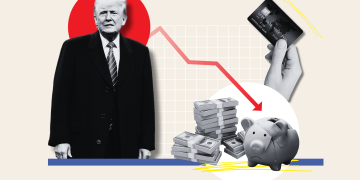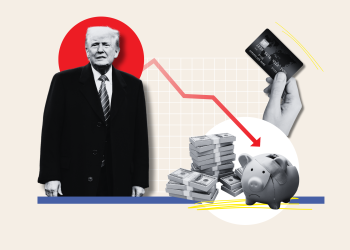LONDON (Reuters) – When the Shannon family announced the closure of their garden centre just off London’s busy South Circular road after 33 years of trading this month, their message to customers sought to explain their difficult decision.
“We’re not getting any younger and our children have their own careers, ULEZ (a local emissions tax), Brexit, cost of products increasing, stock shortages, less footfall, hot weather, cold weather, hosepipe ban and recession looming are all contributors,” the message on social media read.
While south Londoners will have to go elsewhere for their plants, the greater worry is that the local difficulties cited by the Shannons are just the sharp end of bigger moves in the global economy that go far beyond today’s cost of living crisis.
Labour market shifts as baby boomers retire; disruption caused by extreme weather; the cost of climate action; more volatile geopolitics and an uncertain future for world trade: these are the larger trends some policy-makers believe could make for a durably more expensive world.
“There is huge uncertainty as to how the economy will shape up now that the tectonic plates are shifting,” International Monetary Fund Managing Director Kristalina Georgieva told an event in Brussels this month, adding: “There will be pain”.
Just how we got to this point was laid out to the world’s central bankers at their annual retreat in Wyoming last month by Agustin Carstens, head of the Bank for International Settlements (BIS) which…


























































